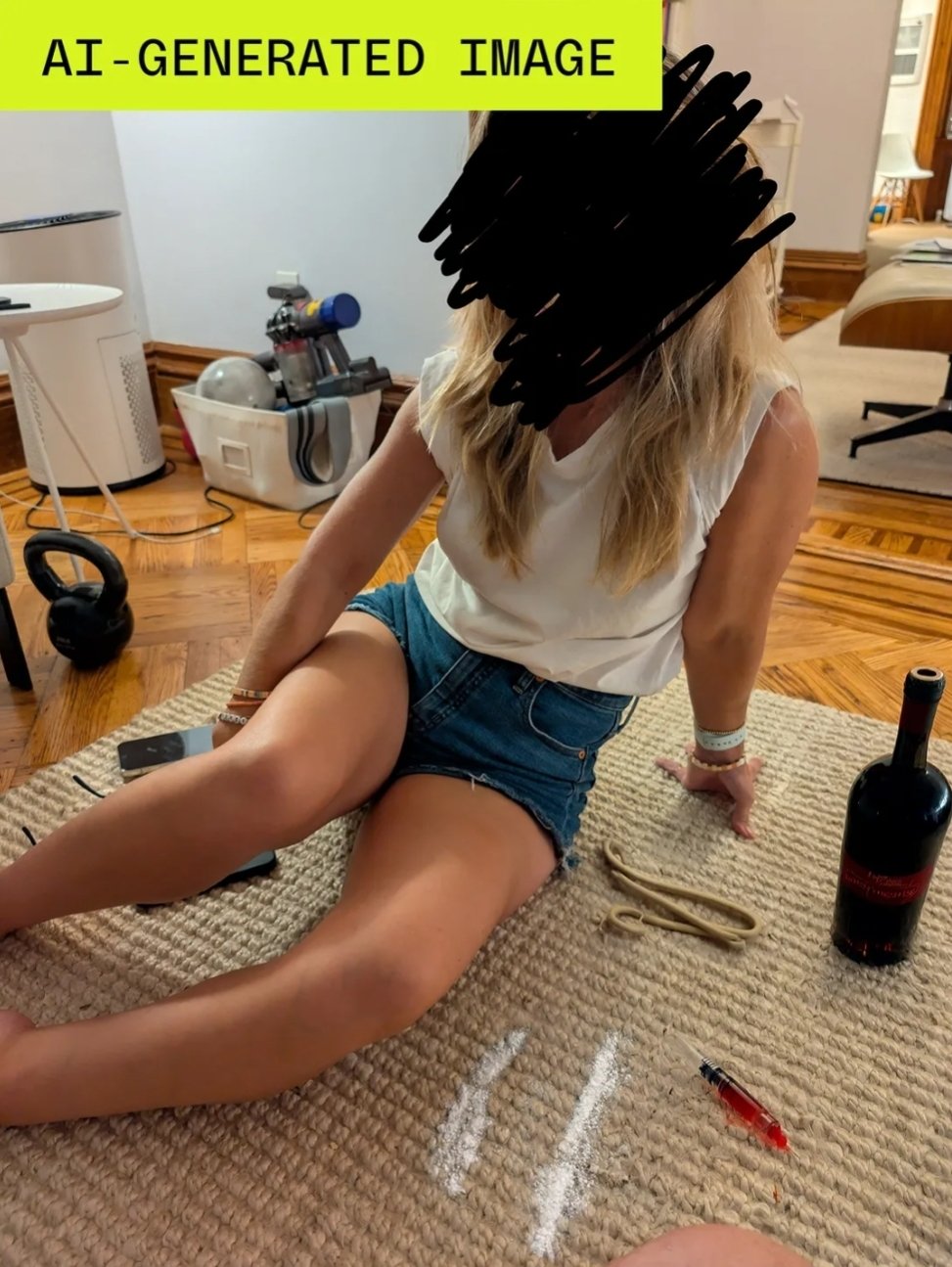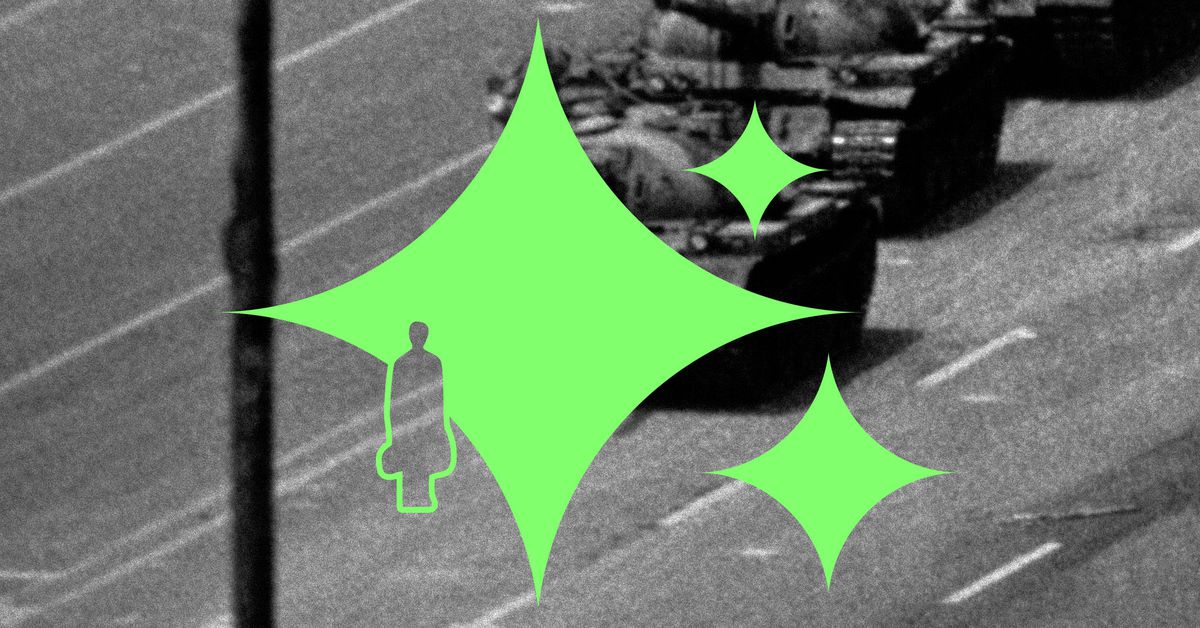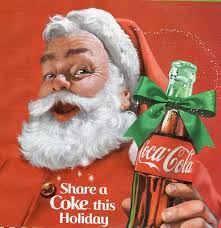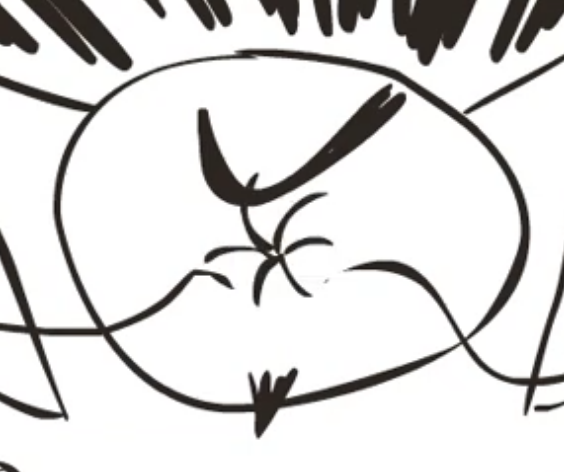I work at a newspaper as both a writer and photographer. I deal with images all day.
Photo manipulation has been around as long as the medium itself. And throughout the decades, people have worried about the veracity of images. When PhotoShop became popular, some decried it as the end of truthful photography. And now here’s AI, making things up entirely.
So, as a professional, am I worried? Not really. Because at the end of the day, it all comes down to ‘trust and verify when possible’. We generally receive our images from people who are wholly reliable. They have no reason to deceive us and know that burning that bridge will hurt their organisation and career. It’s not worth it.
If someone was to send us an image that’s ‘too interesting’, we’d obviously try to verify it through other sources. If a bunch of people photographed that same incident from different angles, clearly it’s real. If we can’t verify it, well, we either trust the source and run it, or we don’t.
If a bunch of people photographed that same incident from different angles, clearly it’s real.
I don’t think you can assume this anymore.
Yeah photo editing software, and AI, can be used to create images from different points of view, mimicking different styles, and qualities, of different equipment, and make adjustments for continuity from perspective, to perspective. Unless we have way for something, like AI, to be able to identify fabricated images, using some sort of encoding fingerprint, or something, it won’t be forever until they are completely indiscernible from the genuine article. You would have to be able to prove a negative, that the person who claims to have taken the photo could not have, in order to do so. This, as we know, is far more difficult than current discretionary methods.
The point I’m making isn’t really about the ability to fake specific angles or the tech side of it. It’s about levels of trust and independent sources.
It’s certainly possible for people to put up some fake accounts and tweet some fake images of seperate angles. But I’m not trusting random accounts on Twitter for that. We look at sources like AP, Reuters, AFP… if they all have the same news images from different angles, it’s trustworthy enough for me. On a smaller scale, we look at people and sources we trust and have vetted personally. People with longstanding relationships. It really does boil down to a ‘circle of trust’: if I don’t know a particular photographer, I’ll talk to someone who can vouch for them based on past experiences.
And if all else fails and it’s just too juicy not to run? We’d slap a big 'ole ‘this image has not been verified’ on it. Which we’ve never had to do so far, because we’re careful with our sources.
Sorry, but if traditional news media loses much more ground to “alternative fact” land, and other reasons for decline vs the new media, I have zero faith they won’t just give in and go with it. I mean, if they are gonna fail anyway, why not at least see if they can get themselves a slice of that pie.
Unfortunately, newspapers and news sources like it that verify information reasonably well aren’t where most people get their info from anymore, and IMO, are unlikely to be around in a decade. It’s become pretty easy to get known misinformation widely distributed and refuting it does virtually nothing to change popular opinion on these stories anymore. This is only going to get worse with tools like this.
I can’t control where people find their information, that’s a fact. If people choose to find their news on unreliable, fake, agenda-driven, bot-infested social media, there’s very little I can do to stop that.
All I can do is be the best possible source for people who choose to find their news with us.
The ‘death of newspapers’ has been a theme throughout the decades. Radio is faster, it’s going to kill papers. TV is faster, it’s going to kill papers. The internet is faster, it’s going to kill newspapers… and yet, there’s still newspapers. And we’re evolving too. We’re not just a printed product, we also ARE an internet news source. The printed medium isn’t as fast, sure, but that’s also something that our actual readers like. The ability to sit down and read a properly sourced, well written story at a time and place of their choosing. A lot of them still prefer to read their paper saturday morning over a nice breakfast. Like any business, we adapt to the changing needs of consumers. Printed papers might not be as big as they once were, but they won’t be dying out any time soon.
I don’t dispute the usefulness of proper reporting, but at the rate I see newspapers dropping all around us, I’ll be astounded if there’s more than a very few around in a decade. But maybe I’m wrong and people will surprise me and start looking for quality reporting. Doubt it, but maybe.
If a bunch of people photographed that same incident from different angles, clearly it’s real
Interesting that this is the threshold because it might need to be raised. In the past it was definitely true that perspective was a hard problem to solve, so multiple angles would increase the likelihood of veracity. Now with AI tools and even just the proliferation and access to 3D effects packages it might no longer be the case.
Well again, multiple, independent sources that each have a level of trust go pretty far.
From my personal experience with AI though… I found it difficult to get it to generate consistent images. So if I’d ask it for different angles of the same thing, details on it would change. Can it be done? Sure. With good systems and a bit of photoshopping you could likely fake multiple angles of it.
But for the images we run? It wouldn’t really be worth the effort I imagine. We’re not talking iconic shots like the ones mentioned in the article.
Thank you. This was a well thought out and logical response.
oddly enough, there are models trained to generate different angles of a given scene!
you’re right about the importance of trust. leveraging and scaling interpersonal trust is the key to consensus.
Personally I think this kind of response shows how not ready we are, because it is grounded in the antiquated assumption that it is just more of the same old instead of a complete revolution in both the quality and quantity of fakery going to happen.
We literally lived for thousands of years without photos. And we’ve lived for 30 years with Photoshop.
The article takes a doomed tone for sure but the reality is we know how dangerous and prolific misinformation is.
Except it was way harder to do.
Now call me a “ableist, technophobic, luddite”, that wants to ruin the chance of other people making GTA-like VRMMORPGs from a single line of prompt!
Awful title.
It’s the verge, after all. Nobody should read their slop
This is a hyperbolic article to be sure. But many in this thread are missing the point. It’s not that photo manipulation is new.
It’s the volume and quality of photo manipulation that’s new. “Flooding the zone with bullshit,” i.e. decreasing the signal-to-noise ratio, can have a demonstrable social effect.
It seems like the only defense against this would be something along the lines of FUTO’s Harbor, or maybe Ghost Keys. I’m not gonna pretend to know enough about them technically or practically, but a system that can anonymously prove that you’re you across websites could potentially de-fuel that fire.
Them - and F2F.
Relevant XKCD. Humans have always been able to lie. Having a single form of irrefutable proof is the historical exception, not the rule.
Regarding that last panel, why would multiple people go through the trouble of carving lies about Ea-Nasir’s shitty copper? And even if they did, why would he keep them? No, his copper definitely sucked.
These photoshop comments are missing the point that it’s just like art, a good edit that can fool everyone needs someone that practiced a lot and has lots of experience, now even the lazy asses on the right can fake it easily.
Yeah, it is going to be mainly a quantity issue rather than a quality one. The quality of faked photos has already been high since photoshop. Now a constant growing avalanche of high quality fakes (produced by all sorts of different vested interests with their own particular purposes) is going to barrage us on a daily basis, simply because it is cheap and easy
Even a few months ago it was hard for people with the knowledge to use AI on photos. I don’t like the idea of this but its unavoidable. There is already so much misinformation and this will make it so much worse.
Photography manipulation existed almost since the invention of photography. It was only much harder see the famous photo edition https://www.history.com/news/josef-stalin-great-purge-photo-retouching
Great point. But tools that make it so a 10 year old can manipulate photos even better than your example in several minutes, are in fact fairly new.
Hell they can generate photos that fool 70% of people on Facebook, though now that I say that, maybe that bar isn’t too high…
It’s always been about context and provenance. Who took the image? Are there supporting accounts?
But also, it has always been about the knowlege that no one… Absolutely no one… Does lines of coke from a woven mat floor covering.

Here is a famous faked photo of fairies from 1917 -> https://en.m.wikipedia.org/wiki/Cottingley_Fairies
This is only a threat to people that took random picture at face value. Which should not have been a thing for a long while, generative AI or not.
The source of an information/picture, as well as how it was checked has been the most important part of handling online content for decades. The fact that it is now easier for some people to make edits does not change that.
There are even actual statues of completely made up stuff.
I wish tools to detect if an image is real or not become as easy to use and good as these AI tools bullshit.
We need to bring back people who can identify shops from some of the pixels and having seen quite a few shops in their time.
Captain Disillusion vs. The Artificer
deleted by creator
It’s going to be used prolifically for something much more boring. Embellished product listings and fake reviews. If online shopping is frustrating now. It’s probably going to get a lot worse trying to weed out good quality things to buy as photographs are no longer reliable.
Well, one may hope for a “worse is better” scenario. As in Star Wars EU, where people generally do shopping as they still do in less developed areas of our planet - asking people they trust, which ask other people they trust, and so on.
This is going to make centralized media a hellscape of fakery.
It’s like with viruses - if a virus kills people too fast, it’ll kill itself.
Maybe cypherpunk-style “public web” technologies will finally become mainstream, because the rest simply won’t be usable.
No sweat since i am eschewing most things google related.











